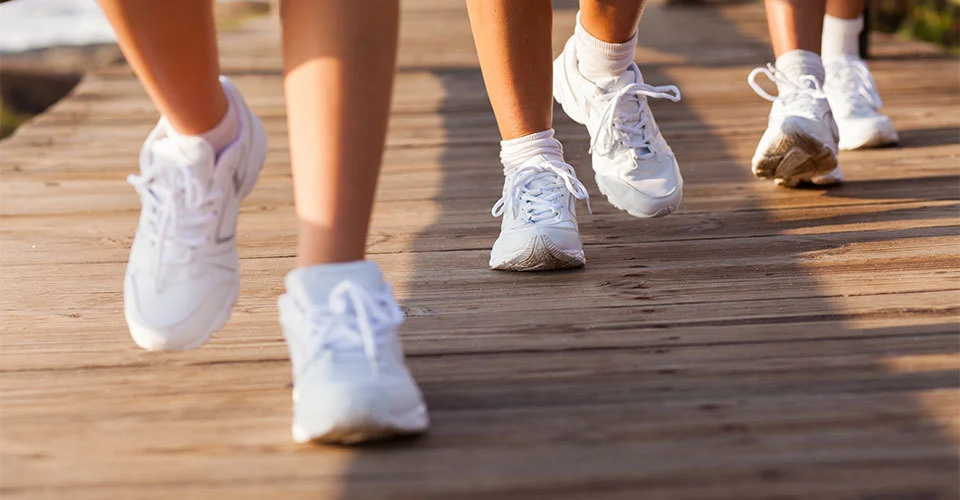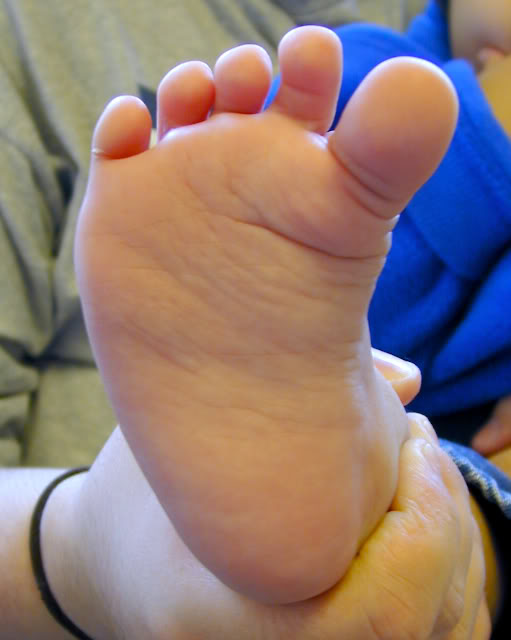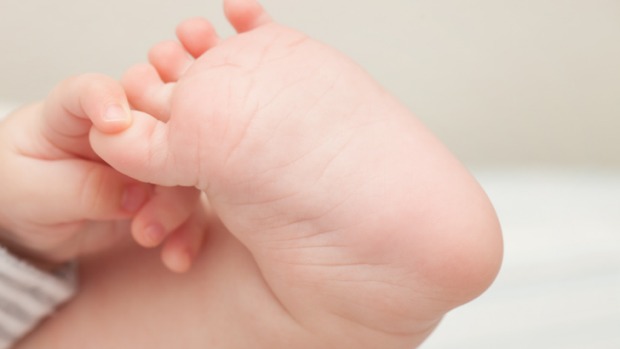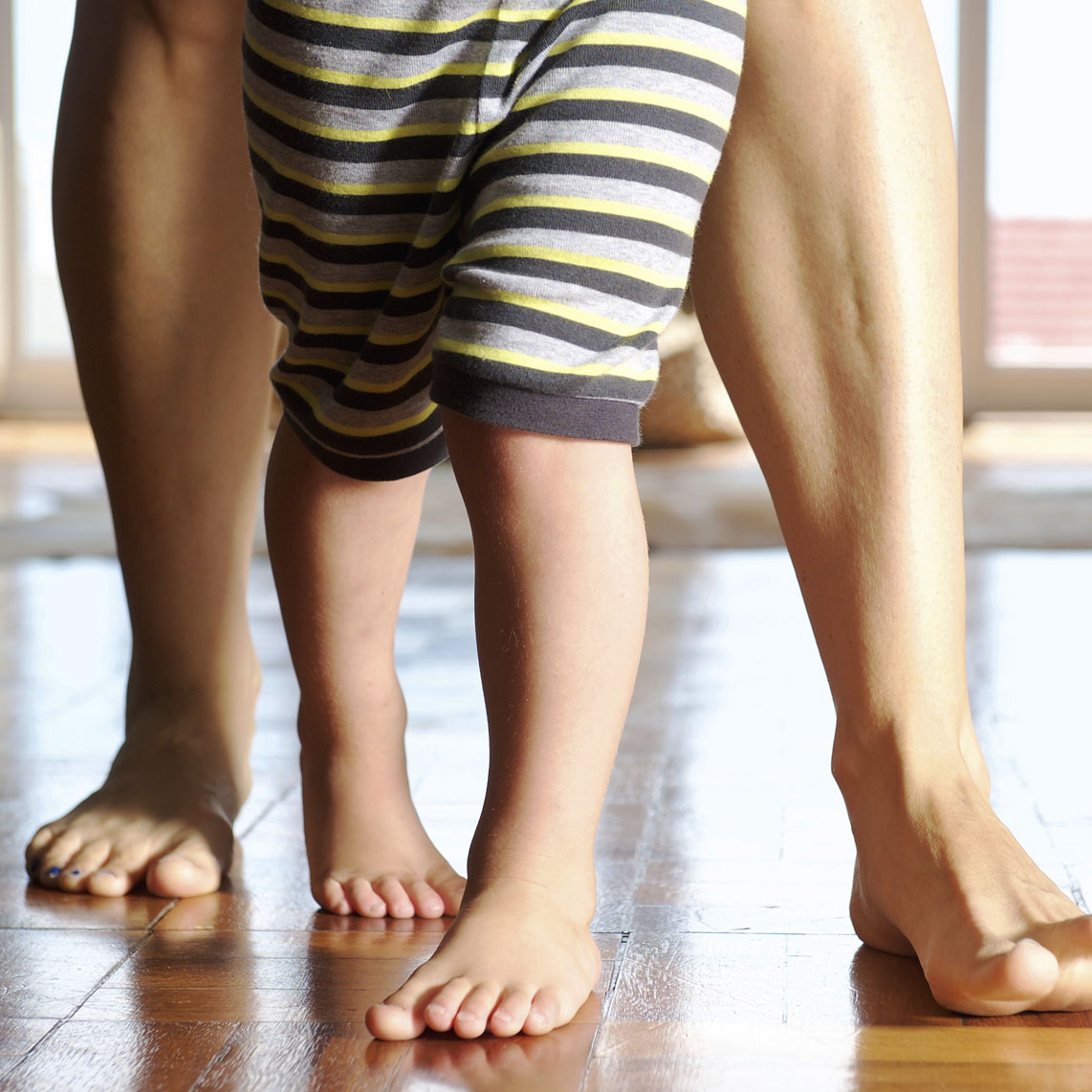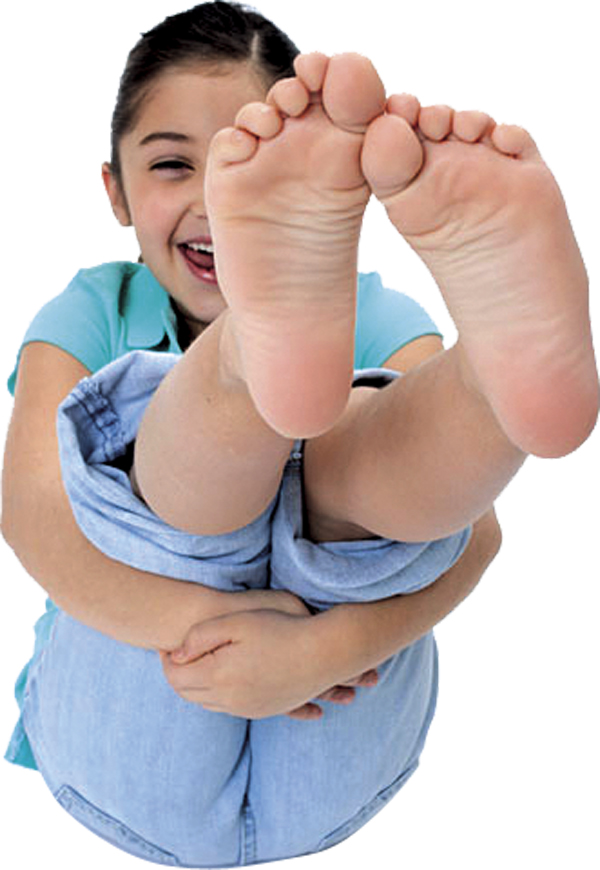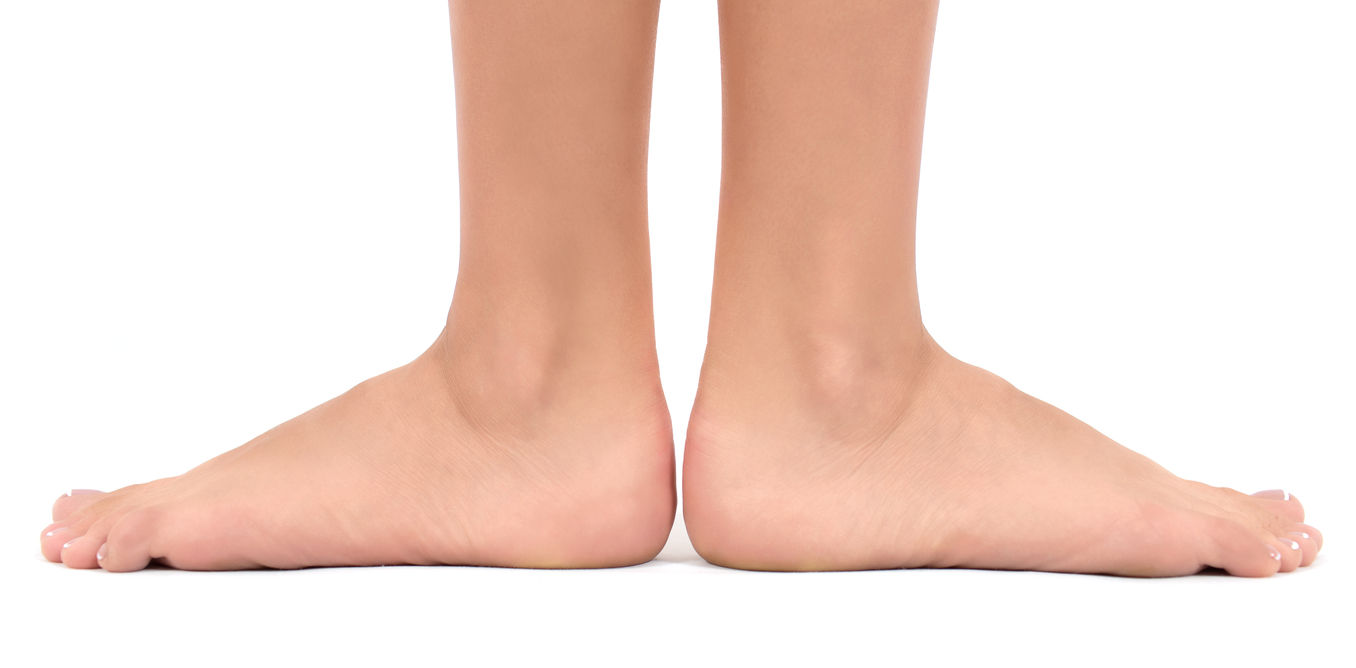Every mile you walk puts tons of stress on each foot. Your feet can handle a heavy load, but too much stress pushes them over their limits. When you pound your feet on hard surfaces playing sports or wear shoes that irritate sensitive tissues, you may develop heel pain, the most common problem affecting the foot and ankle.
A sore heel will usually get better on its own without surgery if you give it enough rest. However, many people ignore the early signs of heel pain and keep on doing the activities that caused it. When you continue to walk on a sore heel, it will only get worse and could become a chronic condition leading to more problems.
Based on the common problems or symptoms presented when someone develops a painful heel, it starts with very minimal pain and discomfort but worsens when not taken cared of immediately. Below is a simple yet effective guide to take care of your feet daily. Yet, if the pain gets distracting and much more affecting your activities of daily living, we are here to help. Call us on 07 494 25016 or do an online booking through our easy and real time booking system.

